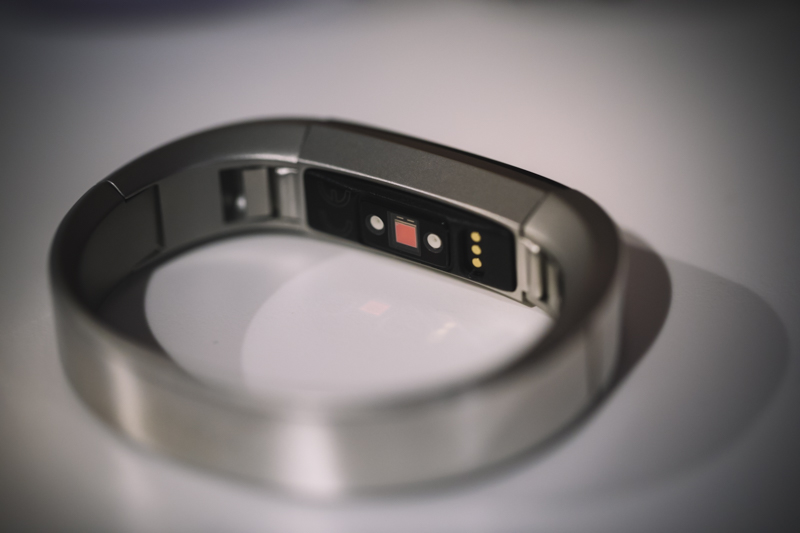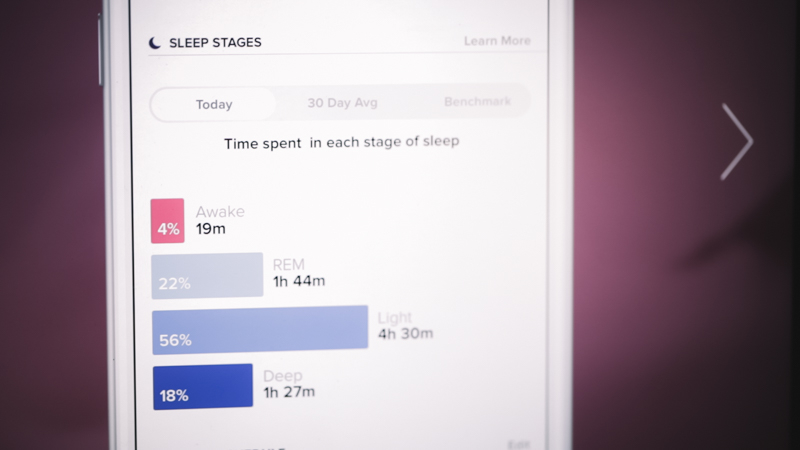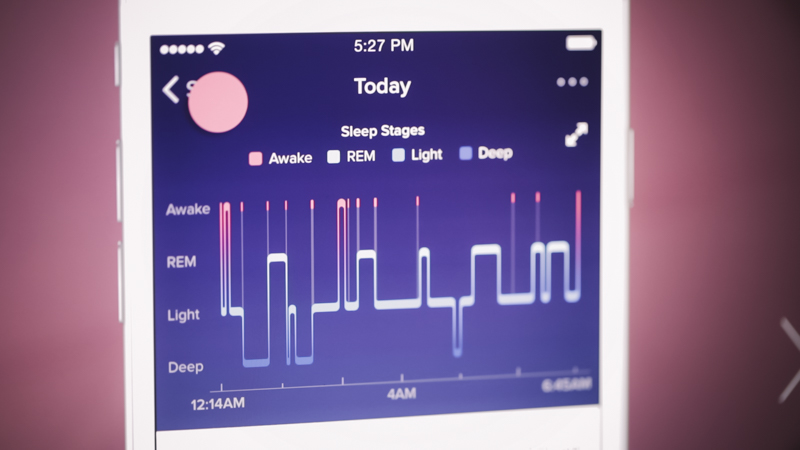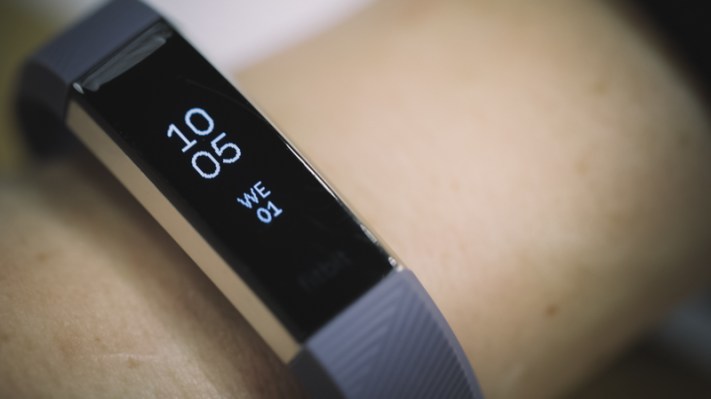Fitbit’s big smartwatch announcement is, it seems, still a ways off. But the company’s got a pair of announcements this week, including an update to its popular Alta tracker and changes to the way it gathers sleep tracking.
The Alta HR is an update to last year’s Alta, a well designed piece of hardware that has since grown into the second-best fitness tracker (behind the company’s higher-end Charge 2), according to numbers from NPD. The biggest addition is, as you’ve no doubt gathered from the name, heart rate monitoring, which the company has manage to add while maintaining the wearable’s slim form factor.
Fitbit tells TechCrunch that heart rate monitoring was the most requested feature for the briskly selling wearable. In fact, first time out, it likely felt like more of an oversight, given the near ubiquity of the technology on wearable devices large and small these days. The addition of heart rate bumps the price up by $20 to $149, though its predecessor will stick around for those looking to save some cash.
According to recent IDC numbers, the company remains the best-selling wearable maker globally, thought it’s been feeling a bit of a squeeze on the low-end, courtesy of companies like Xiaomi, which has shrunk the gap between first and second places with products like its extremely affordable Mi Band 2, which retails for $23. Fitbit’s cheapest wrist-worn wearable, meanwhile, is the screenless Flex 2, which runs $100.

The company is also announcing updates to its sleep tracking, which take advantage of the aforementioned heart rate monitoring to differentiate sleep states, including light, deep and REM.
It’s a marked increase over Fitbit’s existing sleep tracking, which relies on the on-board accelerometer to gauge how much a wearer moves during the night. That manner of tracking paints a picture of sleep length, but offers little in the way of quality. The company adds that it will also be harnessing the three billion hours of sleep it’s logged from users to better tailor sleep recommendations in much the way it does with fitness goals.

That upgrade will be available on the Alta HR when it launches in April and will be rolling out to the Charge 2 and Blaze later this month.
